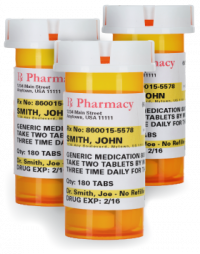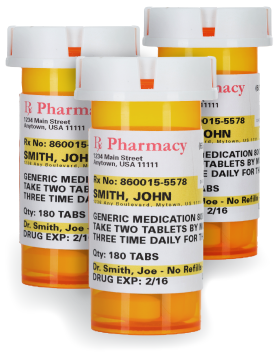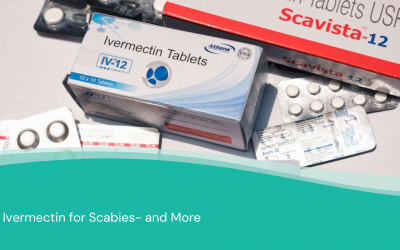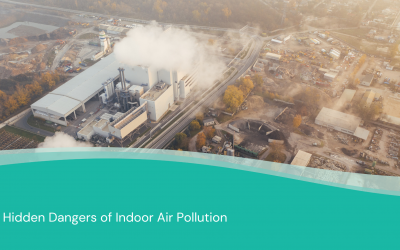
The holidays are meant to be a joyous time shared with friends, family, and coworkers. However, many things can take a toll on your emotional health. Job loss or job insecurity, financial woes, loss of health or a loved one can cause depression, anxiety, and feelings of hopelessness. Holidays of years past may bring back memories filled with past friends and family get togethers and traditions. If you have had a significant life change over the past year, you may be dreading the holiday season. Focusing on what you have and not what you don’t have is the start to successfully finding your way towards a healthy outlook this holiday season.
Hopefulness, enthusiasm and emotional balance are associated with a substantially reduced risk of heart attack and stroke.
As Dr Caroline Leaf, neuropsychiatrist points out: thoughts occupy mental real estate in our brains.
Inflammation, brought on by emotional stressors and negative thoughts, triggers the release of hormones and chemicals in the body-namely cortisol and adrenaline. These hormones and chemicals can also cause the body to produce inflammatory molecules, such as cytokines leading to production of more inflammatory molecules, such as C-reactive protein, a marker of inflammation.

Inflammation and how it relates to heart disease
Inflammation can cause heart attacks by damaging the inner lining of the arteries. This can lead to the formation of plaque. Plaque is made up of cholesterol, fat, calcium, and other substances can build up in the arteries and cause them to narrow. This narrowing of the arteries can reduce or block the flow of blood to the heart, leading to a heart attack.
Start With Gratitude
Studies show that gratitude, meditation, and prayer enhance immune system function and lowers inflammatory markers. Inflammation, along with smoking and poor lifestyle habits are some of the primary drivers of heart disease. Gratitude journals, where you list 5 things you are grateful for each day, is a powerful tool to combat negativity and increase feelings of well-being.
Decrease Inflammation by Increasing the Levels of These 4 Chemicals
The following are powerful feel-good, stress relieving messengers that can aid in reducing your risk of heart disease. You may note that many of the same activities overlap. For instance, you can increase serotonin, endorphins and dopamine by exercise.
Serotonin
Promotes feelings of belonging and well-being. Up to 95 percent of serotonin is synthesized from tryptophan in the mucosal lining of the gut. Serotonin plays a valuable role in not only mental health but is the precursor to melatonin, and plays a role in digestion, wound healing and even sleep (as the precursor to melatonin).
Loneliness and depressive moods are linked to an altered and limited diversity of the gut microbiome. Inflammation caused by stress can lower levels of serotonin. Taking care of the gut can result in decreased inflammation.
- Consuming mega 3 rich foods – decrease inflammation, probiotics and fermented foods can help maintain gut integrity.
- Connect with loved ones
- Practice self-care everyday
- Exercise Spend time outdoors
- Practice gratitude
Endorphins – Natural pain killers, AKA as the “runners high”
Released by the pituitary gland, endorphins are the body’s natural pain killers. They are released when you are under stress, experiencing pain, eating or exercising.
- 30 minutes or more of moderate exercise
- Meditation or prayer
- Acupuncture
- Get a massage
- Having fun with friends or family
- Some people take ice cold showers to trigger the release of endorphins afterwards
Dopamine
Dopamine is a neurotransmitter that is mostly manufactured in the brain. However other organs, such as the adrenal glands also manufacture some dopamine. Dubbed the “feel good” chemical, dopamine also plays a role in blood pressure regulation, cardiac output, and blood flow to organs.
- Getting plenty of sleep
- Exercise
- Meditation or prayer
- Avoid stressful situations.
- Listening to music
- Singing
Oxytocin
Oxytocin is nicknamed the “cuddle” or “love” hormone. It is produced in the hypothalamus region of the brain. It promotes social interaction which can lead to feeling of well-being, cuddling, sex and even petting your dog or cat can produce oxytocin.
- Physical affection
- Showing love and affection
- Spending time with loved ones and friends
- Petting your dog or cat or favorite animal
- Brooke Lounsbury, RN
Medical Content Writer
Lifesaving Medications
Everyone should be empowered to care for themselves and their loved ones during the unexpected.
Recent Posts
Keeping you informed and safe.
Ivermectin for Scabies- and More
Discovered in the late 1970s and approved as a commercial product for animal health in 1981, ivermectin, an antiparasitic drug was initially used by veterinarians to treat mite and heartworm infections. In 1988, ivermectin was approved to treat Onchocerciasis (known...
How Should I Store My Jase Case and Add-ons?
You recently made the proactive decision to purchase the Jase Case and some add-ons. This investment is a hedge against interrupted medication supplies due to natural disasters, travel to medically underserved regions of the world, and world events leading to extended...
Hidden Dangers of Indoor Air Pollution
(Especially in the Winter)People spend at least 90 percent of their time indoors, and this is especially true during winter months in the Northern latitudes. Cooler air, treacherous driving conditions, high winds, rain, ice, and snowstorms force many to stay inside,...
Heading to the Slopes? Take these Steps to Avoid Altitude Sickness
After a warmer than usual December, many ski resorts across the nation are finally able to open. The beginning of January threatened to be the start of a disappointing ski season. Many resorts had reported little to no snow. The situation rapidly changed when the...
















